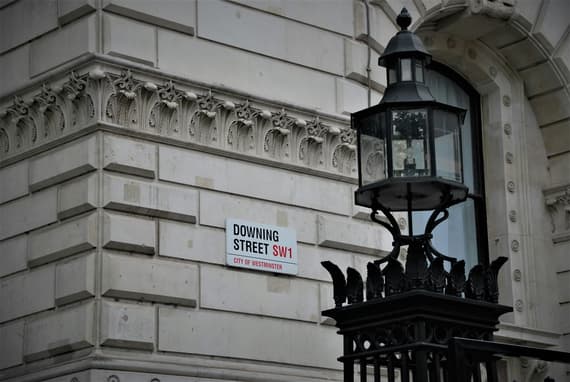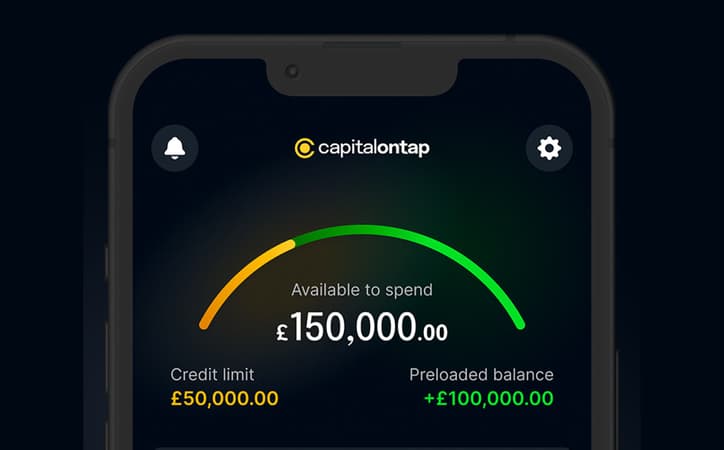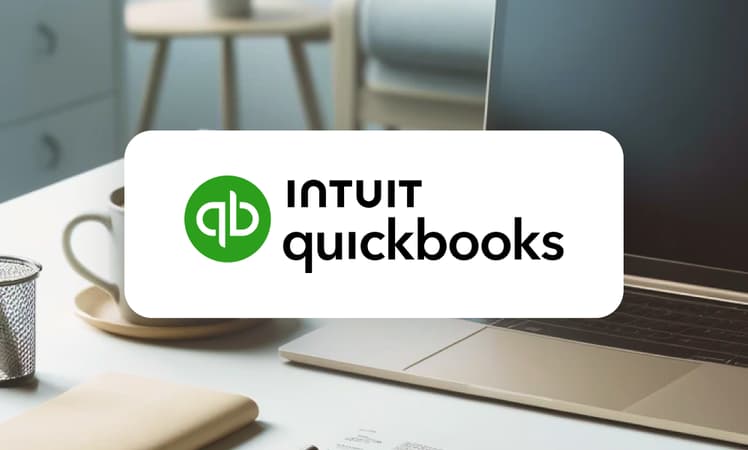Jump to a section
Chancellor Rachel Reeves has announced the Autumn 2024 Budget. This is the Labour government’s first budget since the elections, and many are curious about how these new policies will affect small businesses across the UK.
Increase in employers’ National Insurance
This is the biggest single tax-raising measure in the budget. Set to raise £25 billion a year, which is over half of the £40 billion proposed tax increase.
The policy here is that employers’ National Insurance contributions will be raised by 1.2% for a total of 15% from April 2025. The threshold at which employees are going to be paying these contributions will also be lowered from the current £9,100 to £5,000.
However, the Employment Allowance will increase from £5,000 to £10,500, which, according to Reeves, means reducing national insurance for smaller businesses.
Minimum wage boosted
Reeves confirmed Labour's previous statements that the National Living Wage will be increased by 6.7%. Following this, the minimum wage for over-21s will increase to £12.21 in April 2025. This is the equivalent of £1,400 per year for eligible full-time workers.
There are also plans in place to create a single adult rate. This means 18 to 20-year-olds will soon see an even bigger boost of 16.3%, increasing their minimum wage to £10.
Income tax and National Insurance thresholds set to rise
Reeves, somewhat surprisingly, announced that personal tax thresholds on income tax and National Insurance will increase in line with inflation from 2028-2029.
Higher tax thresholds mean that many working people will avoid being dragged into higher tax brackets as inflation continues to rise.
Business rates lowered
Business rates are taxes on properties used for business purposes. In this Autumn 2024 budget, the government introduced permanent cuts in tax rates for the retail, hospitality, and leisure sectors from 2026-2027.
However, the current relief on business rates of 75%, due to expire next year, will be replaced by a 40% relief rate for 2026-2027, up to a cash cap of £110,000 per business.
The small business tax multiplier will also be frozen next year.
Fuel duty freeze extended
Fuel duty will continue to be frozen next year, and the previous government’s 5p cut will be maintained.
HM Treasury says that “this is a tax cut worth £3bn and will save motorists almost £60 a year.”
Alcohol duty rises, while draft is cut
Reeves announced a 1.7% cut on duty for draught beverages, which she says is a penny off a pint at the pub.
On the other hand, duty on non-draught alcoholic beverages will continue to rise in line with the Retail Prices Index.
The bottom line
While wage increases are always good news for workers, this isn’t always the case for small business owners. The significant boost in the National Living Wage will ultimately elevate payroll costs, impacting profit margins for small employers.
The increase in National Insurance contributions and lowering of the thresholds will put additional strain on small businesses, even with the relief provided by the Employment Allowance.
However, the planned cuts to business rates for the retail, hospitality, and leisure sectors could offer substantial savings, particularly for businesses in those industries. On top of that, the freeze on fuel duty will help by reducing operational costs.











